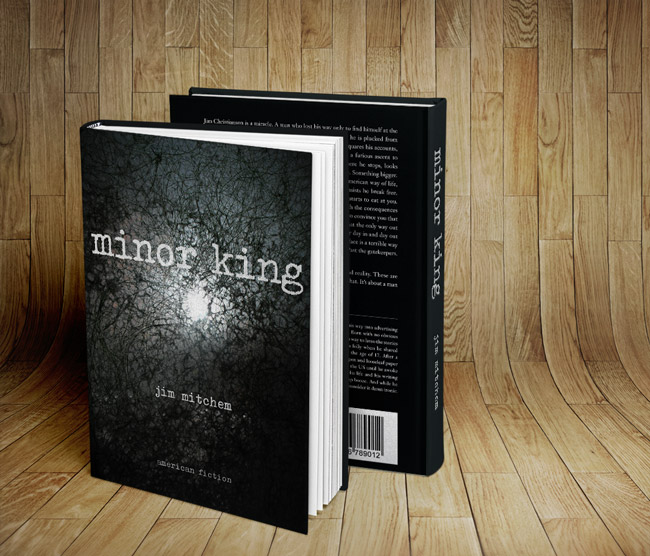
So you’ve got a great business concept. Awesome. And because it’s yours, the whole thing makes perfect sense. However, when you explain it to others they don’t seem to get it as quickly, and so you end up launching into a loquacious explanation that seems more confusing than clear.
It’s a common frustration for entrepreneurs, and something we encountered in the early days of Boxman Studios.
As a copywriter, it’s my job to simplify complex ideas. When I was approached about the business concept to design, manufacture, and deploy old shipping containers by turning them into mobile hospitality lounges, it seemed simple enough. But when I talked to people about it, there were lots of questions. Which is a good thing, as it turns out.
In terms of the brand, I believe we settled on the right name, logo, and tagline for Boxman. We needed to get people to think about the idea of shipping containers in a new way – mobile, convenient, and cool. A logo that represented mobility did the trick visually, and the tagline, Just Add People, helped reinforce the simplicity of the business: “Let us handle everything.”
But what of an elevator pitch? How could the sales people succinctly define the business concept in a few seconds (trapped on an elevator with strangers, no less)?
I’m one of those people who believes that every sales person has their own way of pitching. Their own style, if you will. But reciting anything like a scripted elevator pitch sounds insincere. And insincerity is the death of sales. The trick is to just be yourself.
In terms of how I talk to people about Boxman Studios, I’ve made “we modify shipping containers turning them into amazing experiences for people” as my go-to line. But–I always start out with the question, “Do you know what a shipping container is?”
By asking this question, I help qualify them. If the person knows what a shipping container is, I deliver my go-to line. If they don’t, I first explain what it is and then deliver the line.
The purpose of the elevator pitch is not to close business in the elevator, but to engage someone in dialogue. Getting people to ask questions about your concept is the first step to enlightenment. As Zig Ziglar once said, “The little yeses add up to the big yes.”
My advice to solving the elevator pitch conundrum in your business isn’t to focus on wrapping everything up in a tight 30-second package, as many people try to do, but instead getting people curious about what you do, and then telling them the story in delicious chunks.
Sure, a succinct overview of your business concept on your website is essential (and if you asked me to write it, I’d insist that you to write it first.) But don’t put too much pressure on the elevator pitch. Let there be dialogue.
***

Darren Reeves
Oct 13, 2014
I once heard you should use the 1st grader test. If you cannot explain your idea in terms that a first grader (6 or 7 yr old) could understand, it’s too complex.
The Art of the Elevator Pitch | Top World Blog
Nov 26, 2018
[…] Originally published on Obsessed With Conformity […]